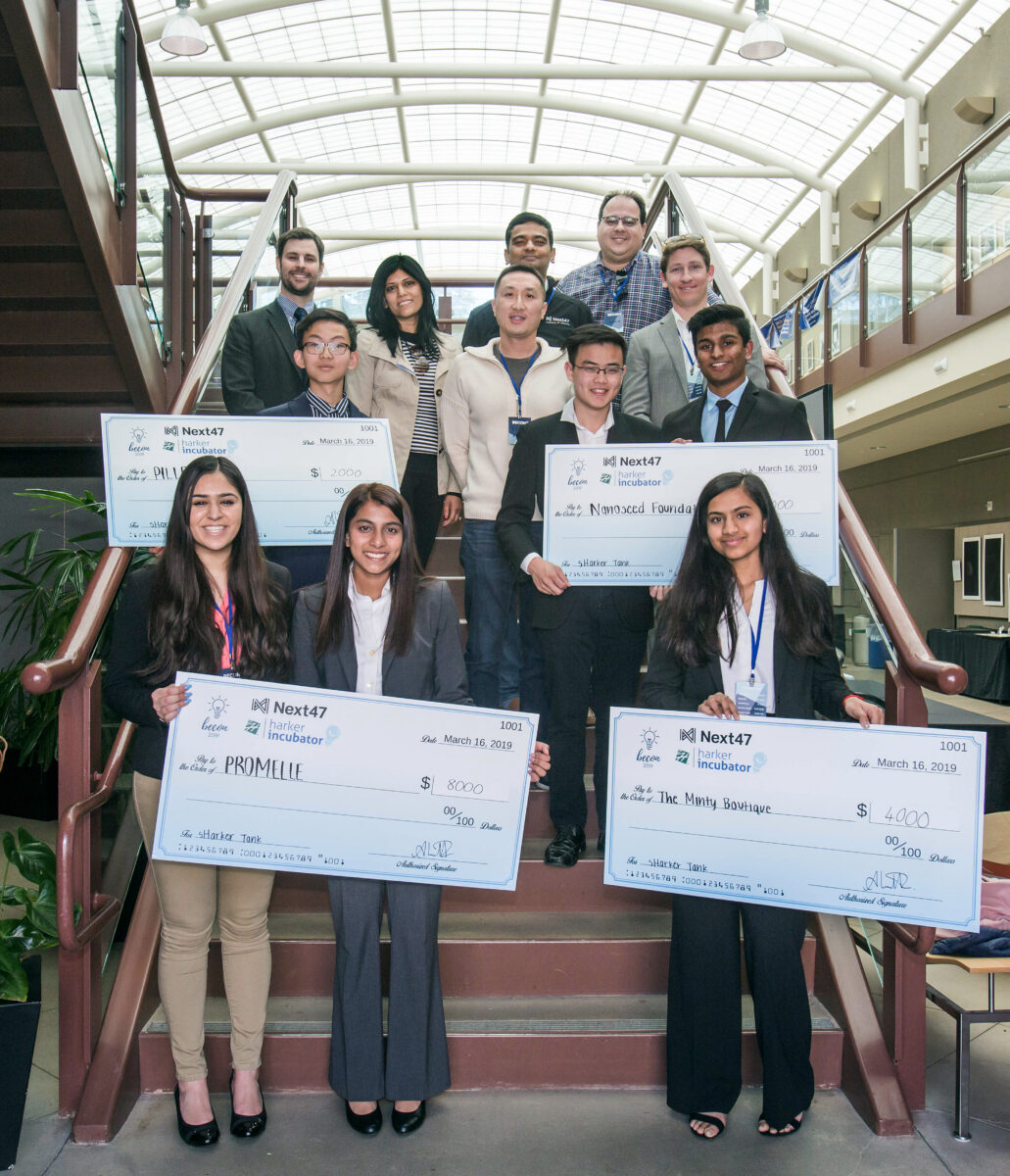The business & entrepreneurship department launched two incubator courses this school year and the young entrepreneurs have been going full tilt all year. Here is a quick look at the first year of these classes.
entrepreneurship
DECA Members Expand Skills at Conferences and Help Middle Schoolers Delve into Business
This article originally appeared in the spring 2016 Harker Quarterly. Harker DECA Excels at State Conference Almost 90 students traveled to San Diego in early…
Business & Entrepreneurship/DECA Students Achieve Notable Successes and Get Help with Career Choices
This article originally appeared in the spring 2015 Harker Quarterly. Harker’s DECA program hit on all cylinders this winter, achieving new milestones! First off,…
DECA and B.E. Cross Finish Line at Breakneck Pace
This article originally appeared in the summer 2014 Harker Quarterly. The year started at a sprint and ended with a bang for DECA and…
Entrepreneurial Spirit Drives Students
This article originally appeared in the winter 2010 Harker Quarterly. According to the dictionary, an entrepreneur organizes, manages and assumes risk. That definition clearly…

